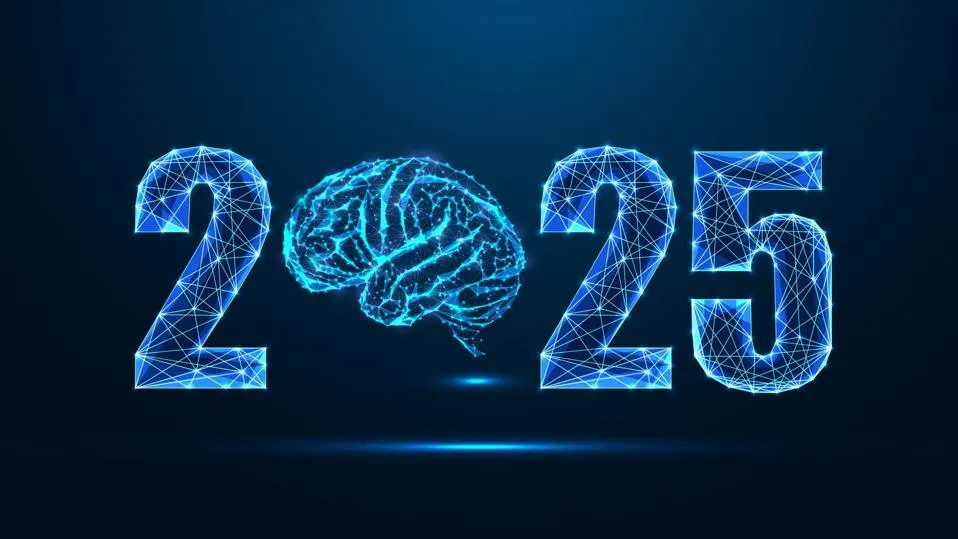Artificial Intelligence (AI) has rapidly evolved from a futuristic concept into a daily necessity. In 2025, AI is embedded in how we work, communicate, travel, and even relax. Its impact is no longer reserved for tech giants—it’s in your phone, your home, and possibly even your health routine.
Let’s dive into how AI is shaping our everyday lives in meaningful ways.
🏡 1. Smart Homes Are Now the Standard
Gone are the days when smart homes were a luxury. In 2025, AI-powered home automation is affordable, secure, and deeply integrated. From AI assistants that adjust lighting based on your mood to smart fridges that suggest meals based on what’s inside, homes are getting truly intelligent.
Examples:
Google Home, Amazon Alexa, and Apple HomeKit now use predictive learning.
AI controls energy usage, improving sustainability and lowering bills.
🧑⚕️ 2. Personalized Healthcare
With AI-driven diagnostics and predictive healthcare models, people are receiving more accurate and earlier diagnoses.
Real-life innovations:
Wearable devices like the Apple Watch or Oura Ring use AI to detect irregularities.
AI chatbots assist in mental health therapy and support.
Hospitals leverage machine learning for more accurate radiology reports.
👨💼 3. The Future of Work: AI as a Daily Assistant
Remote and hybrid workspaces are optimized with the help of AI. Scheduling, task prioritization, and productivity management are streamlined using AI platforms like Notion AI, Tome, and Google Gemini.
How AI helps:
Automating repetitive tasks.
Drafting emails and documents using natural language processing.
Offering real-time suggestions during meetings.
🛒 4. Smarter Shopping and E-Commerce
AI is making online shopping hyper-personalized. Algorithms analyze your habits, budget, and past behavior to recommend the best deals or even predict your next purchase.
Trends:
Chatbots with conversational AI offer instant support.
Virtual try-ons and AI-generated fashion recommendations.
🚗 5. AI in Transportation
Autonomous vehicles are becoming more mainstream, while AI navigation tools improve safety and efficiency for human drivers.
Examples:
Tesla’s Full Self-Driving (FSD) continues to improve.
Ride-hailing apps use AI to optimize driver routes and passenger pairing.
📈 6. AI for Small Businesses and Creators
Platforms like ChatGPT, Midjourney, and Runway Gen-2 have democratized access to content creation tools.
Use cases:
Automating social media captions and blog posts.
Creating custom visuals or videos using generative AI.
Running smart customer service bots 24/7.
🔐 7. AI and Privacy: The Ongoing Balance
As AI becomes more pervasive, privacy concerns remain. Regulatory frameworks (like the EU’s AI Act) aim to strike a balance between innovation and user protection.
Best practices for users:
Be mindful of data-sharing permissions.
Use AI tools that are transparent about how data is handled.
🔮 What’s Next?
AI in 2025 is not just about automation—it’s about enhancement. Whether you’re a student using AI to learn more efficiently, a business owner streamlining operations, or a homeowner automating your space, AI is a quiet partner in your daily routine.
One thing is clear: the more we integrate AI responsibly, the more we amplify human potential.
✨ Final Thoughts
artificial intelligence is no longer science fiction—it’s everyday reality. Understanding its capabilities and learning to use it wisely is key to staying ahead.
📍 Read more tech insights and AI tools reviews on MarketBuzzNow.com — your trusted source for digital trends.



